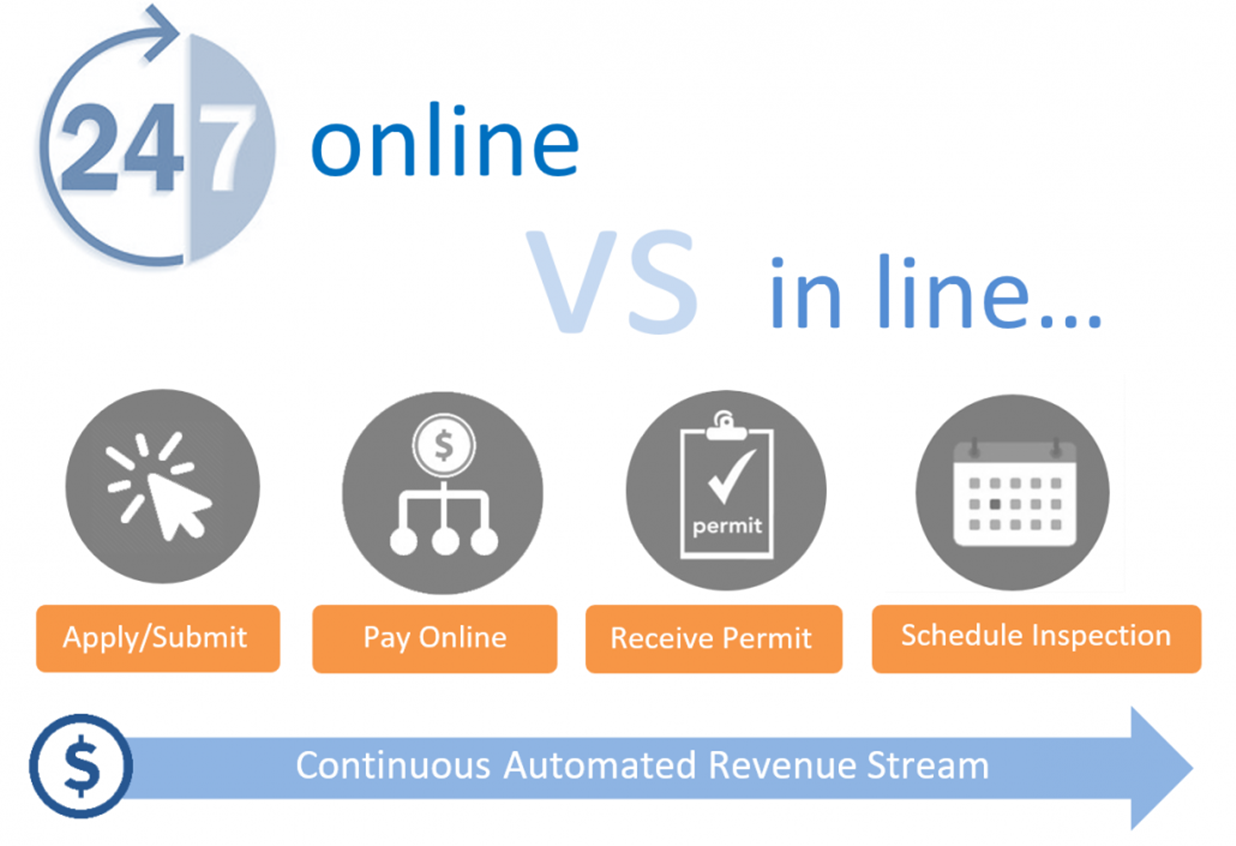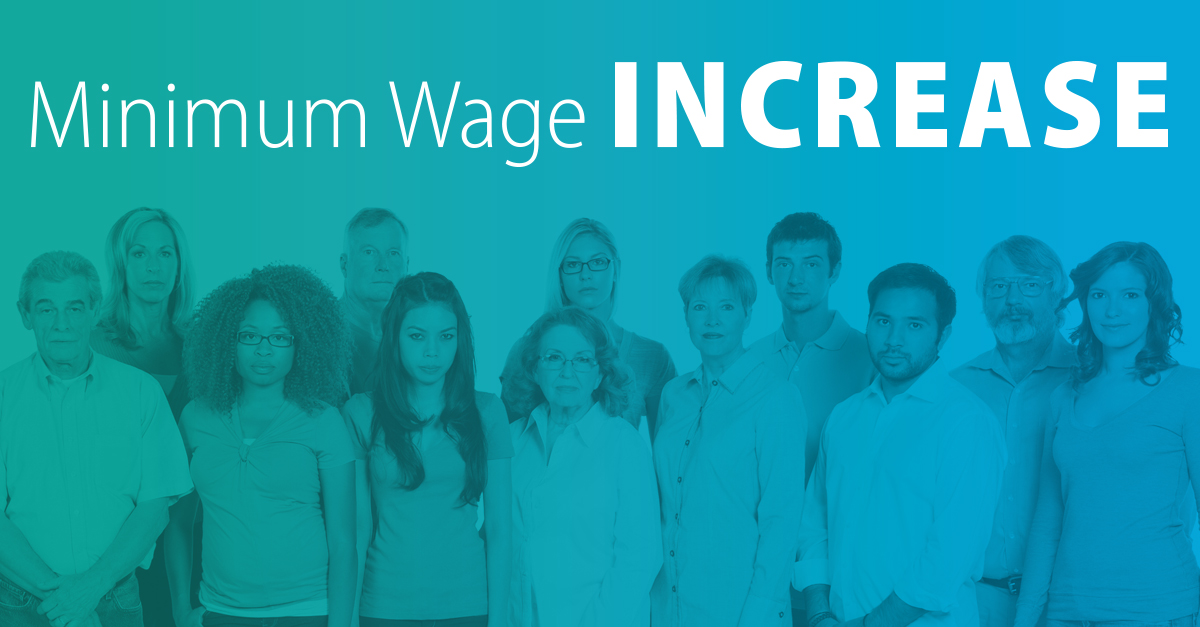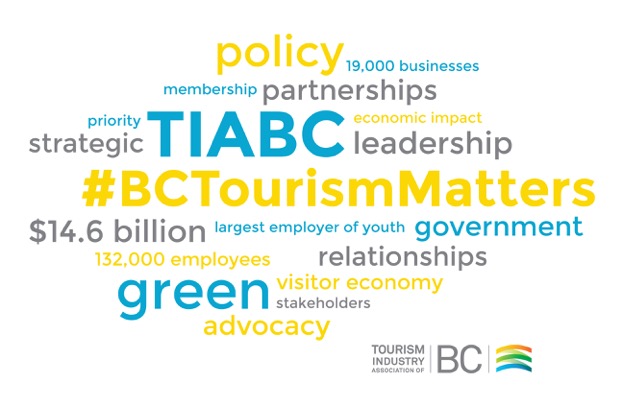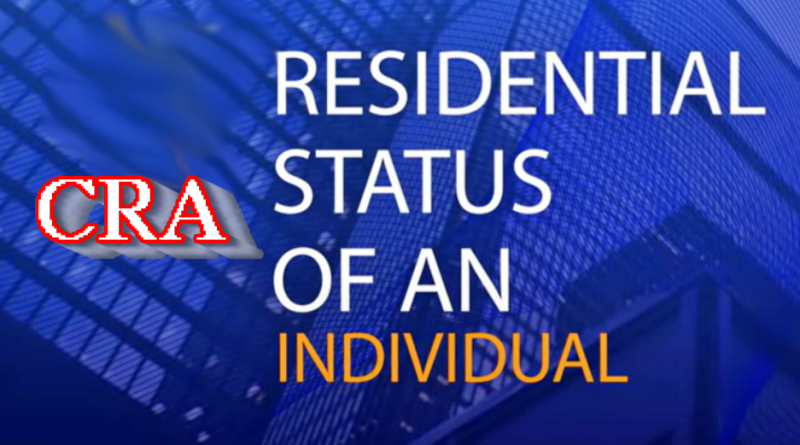To keep pace with inflation, the federal minimum wage will increase from $15.55 to $16.65 per hour on April 1, 2023. Based on the Consumer Price Index, which rose 6.8% in 2022, the increase will help make life more affordable for the approximately 26,000 Canadian workers who earn less than the current rate.
Federally regulated private-sector employers must adjust their payroll information with the new rate to ensure workers and interns are paid correctly as of April 1. Where the provincial or territorial minimum wage rate is higher than the federal minimum wage, employers must apply the higher rate.
Read More

















